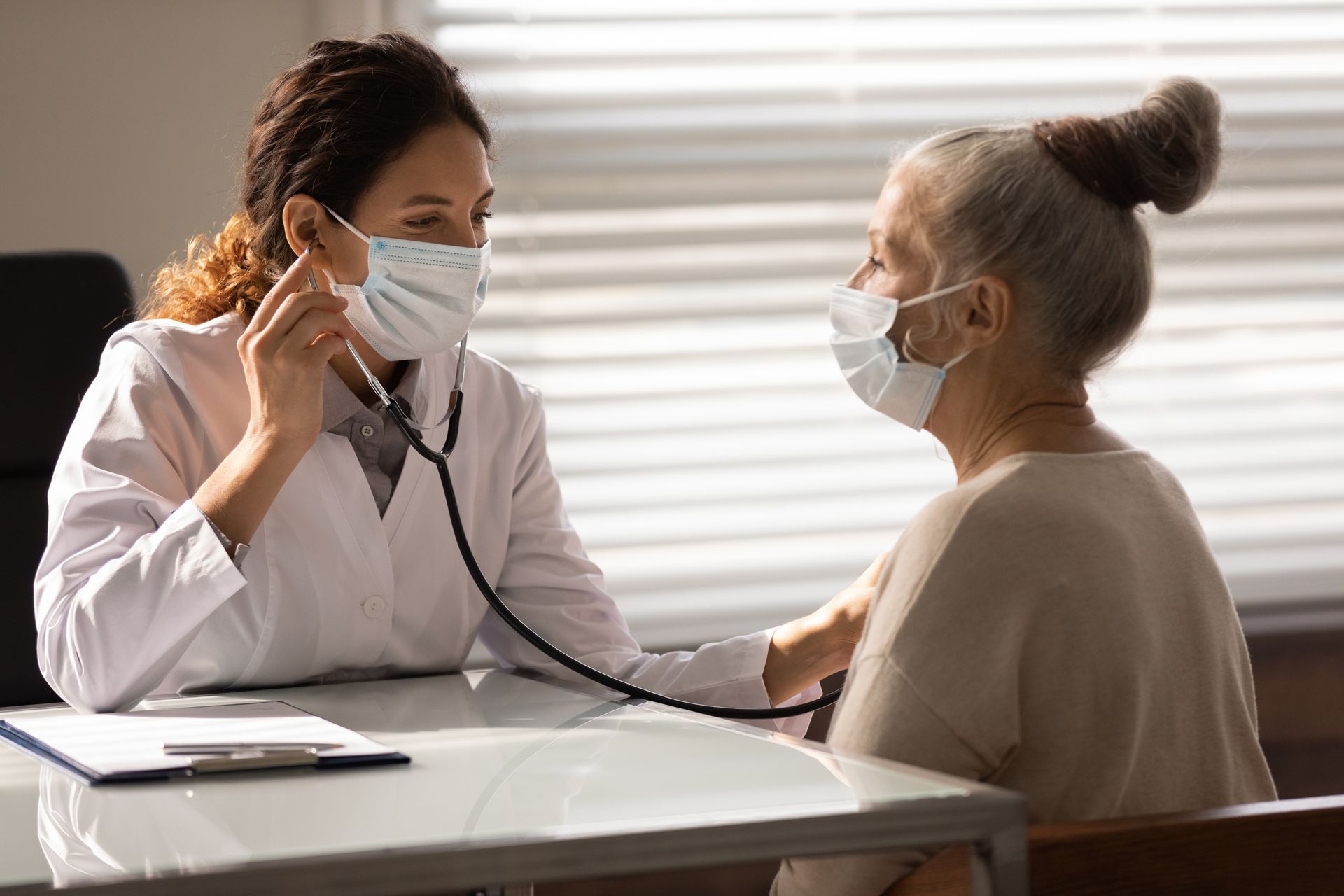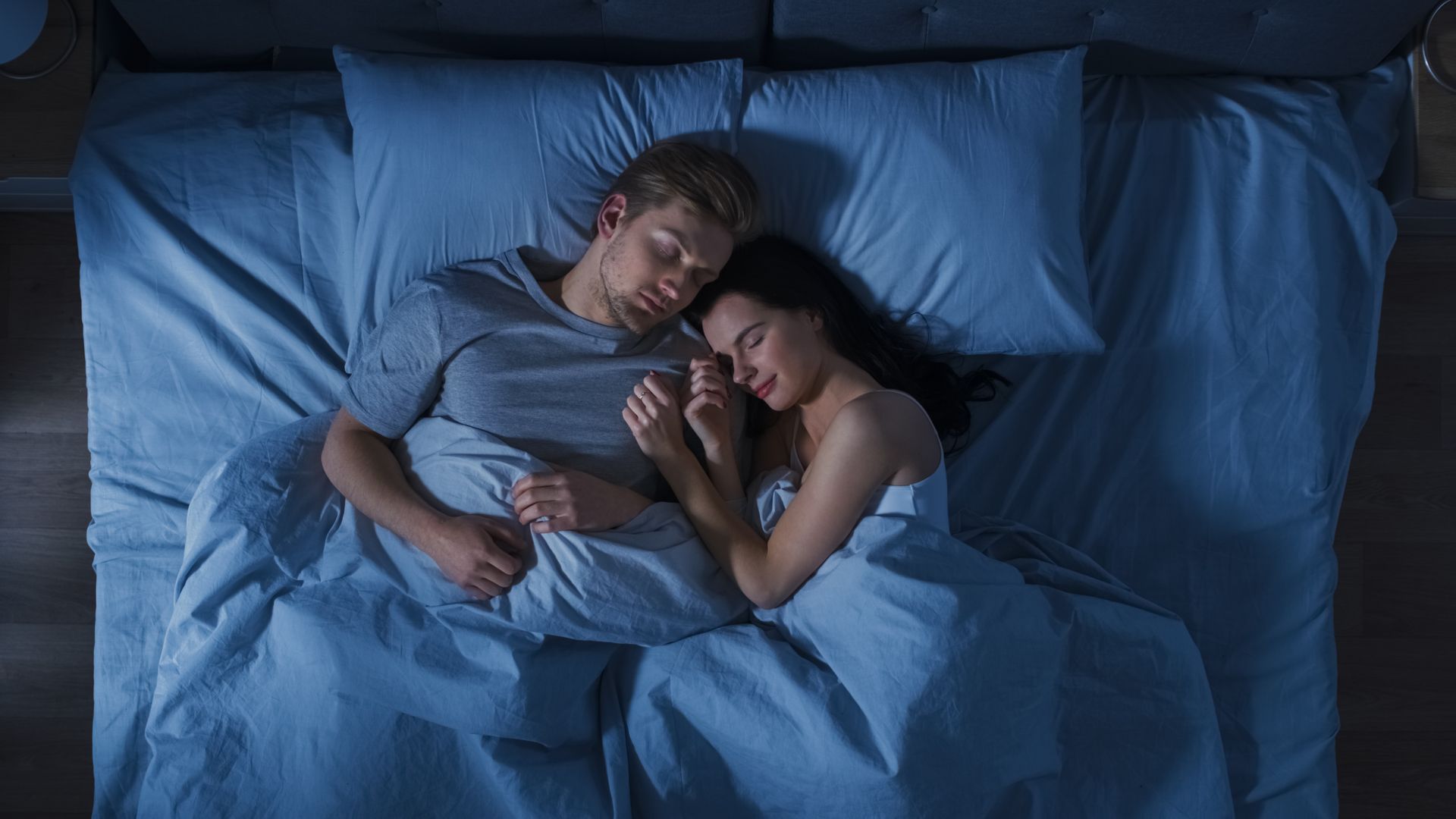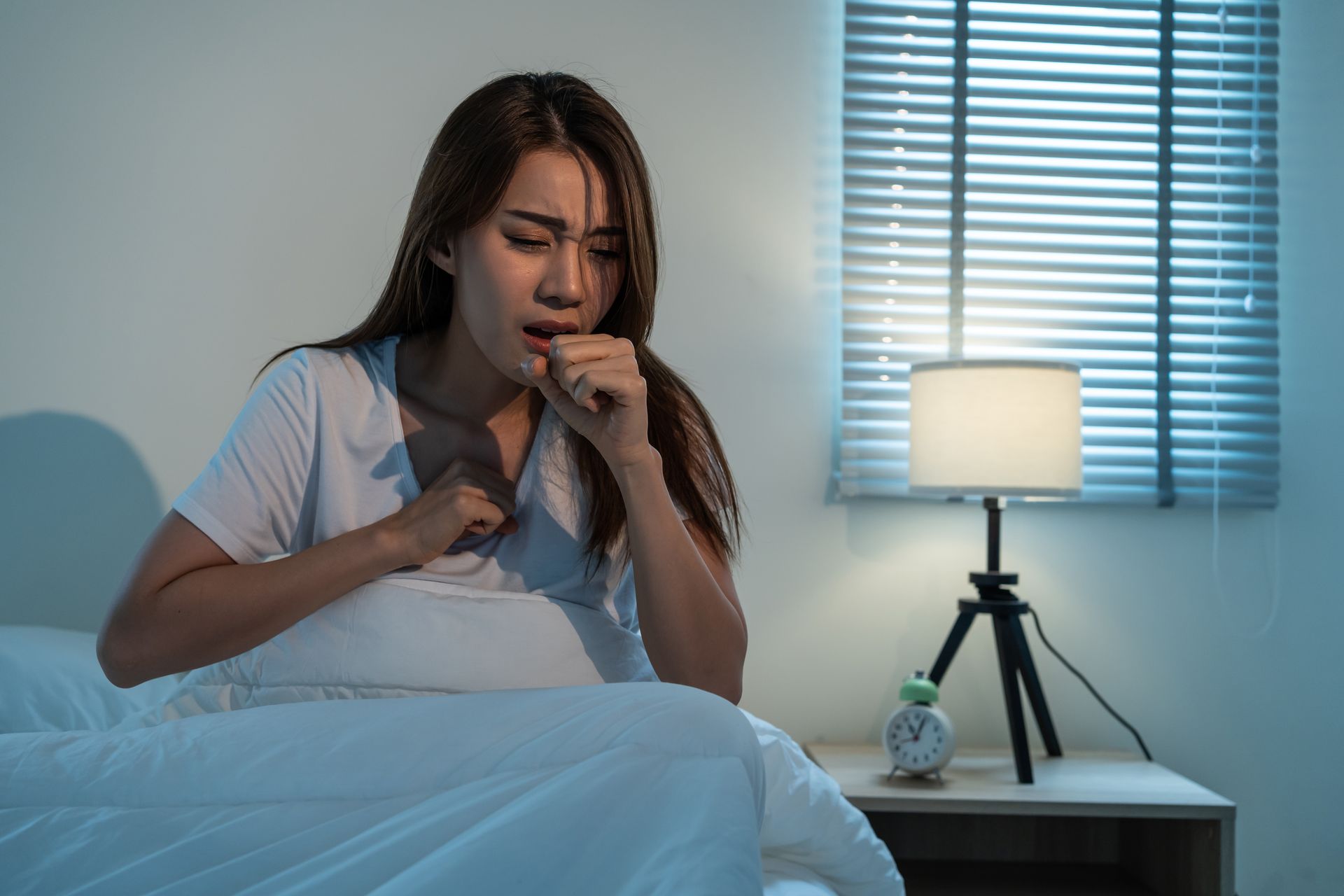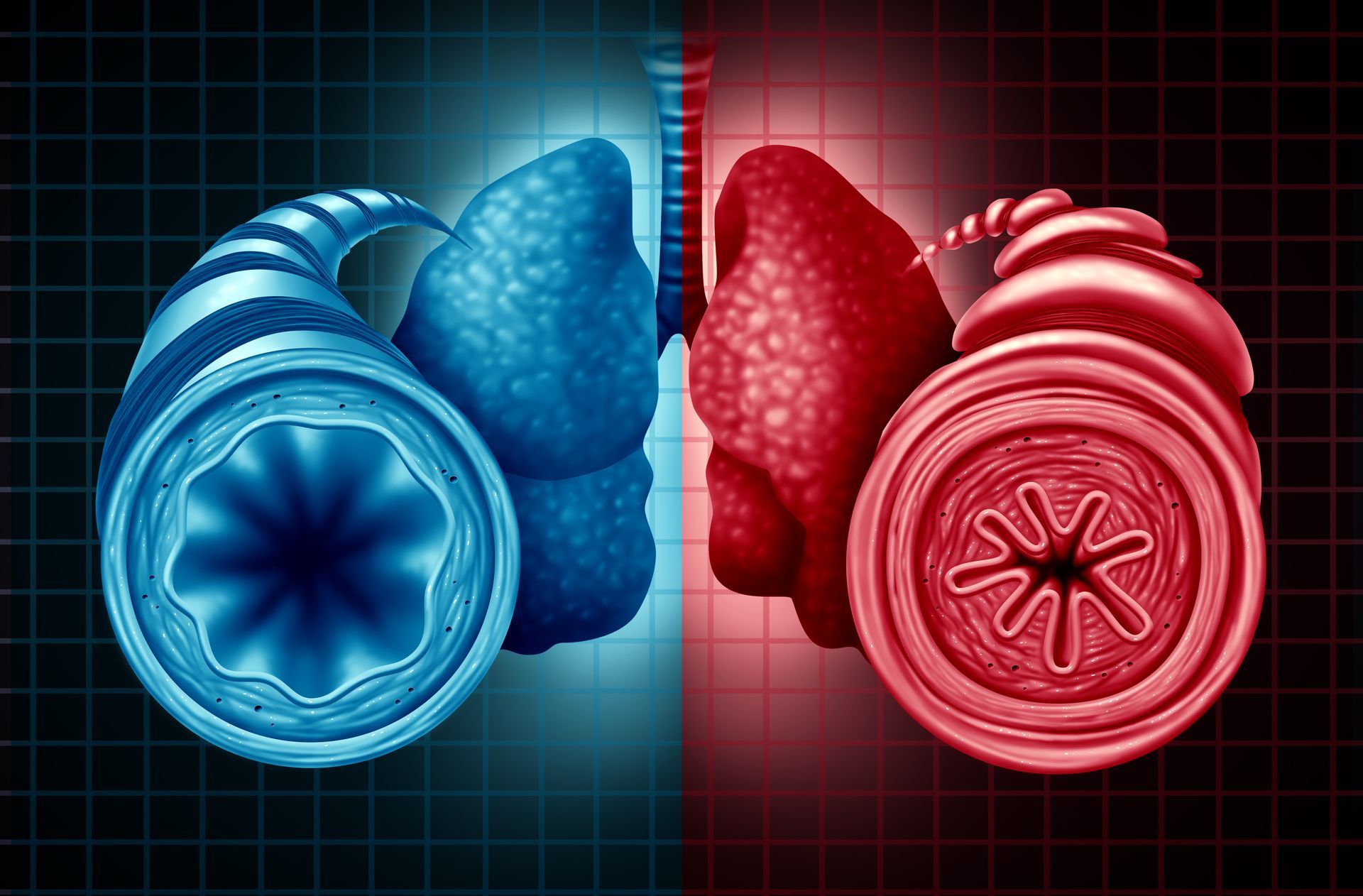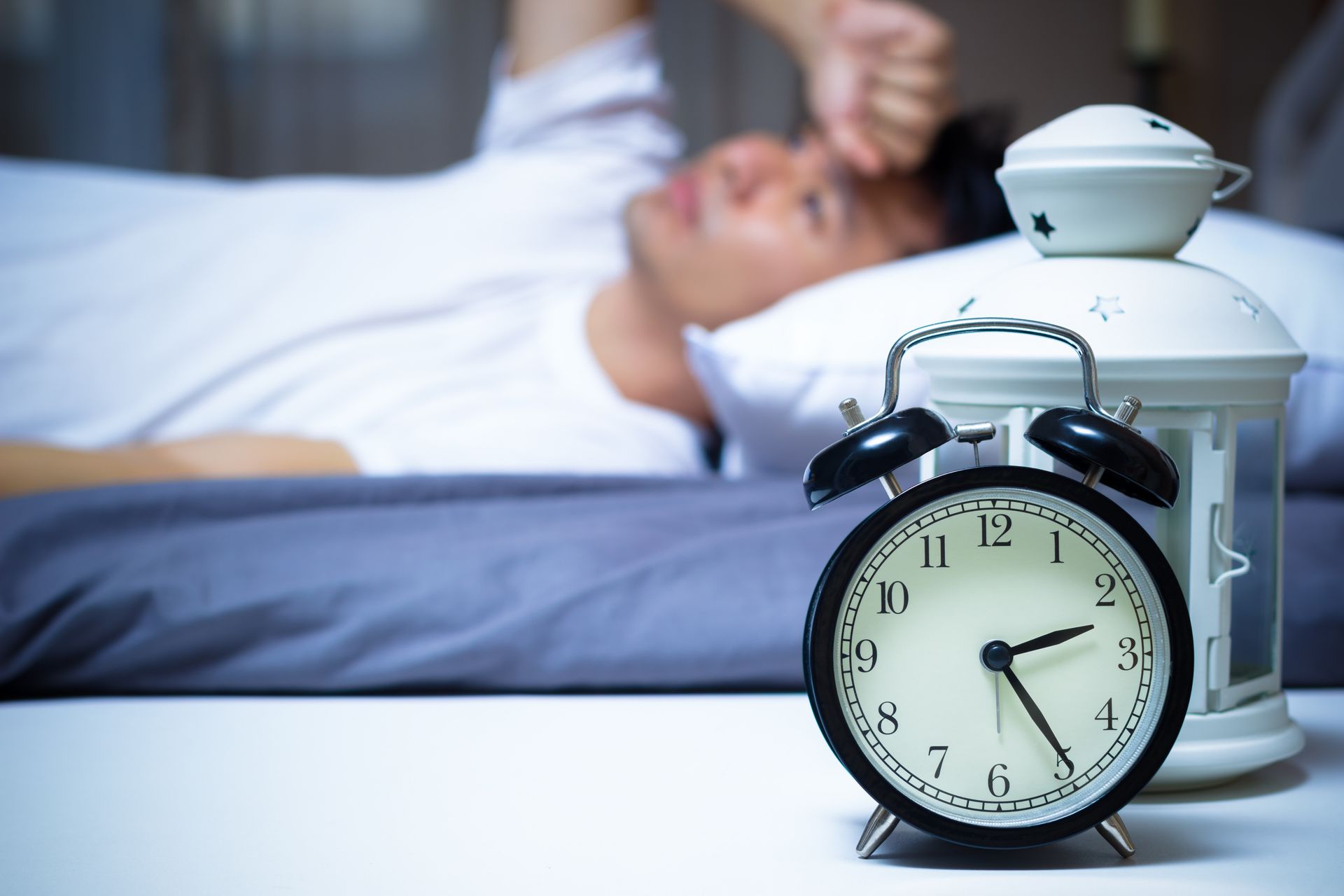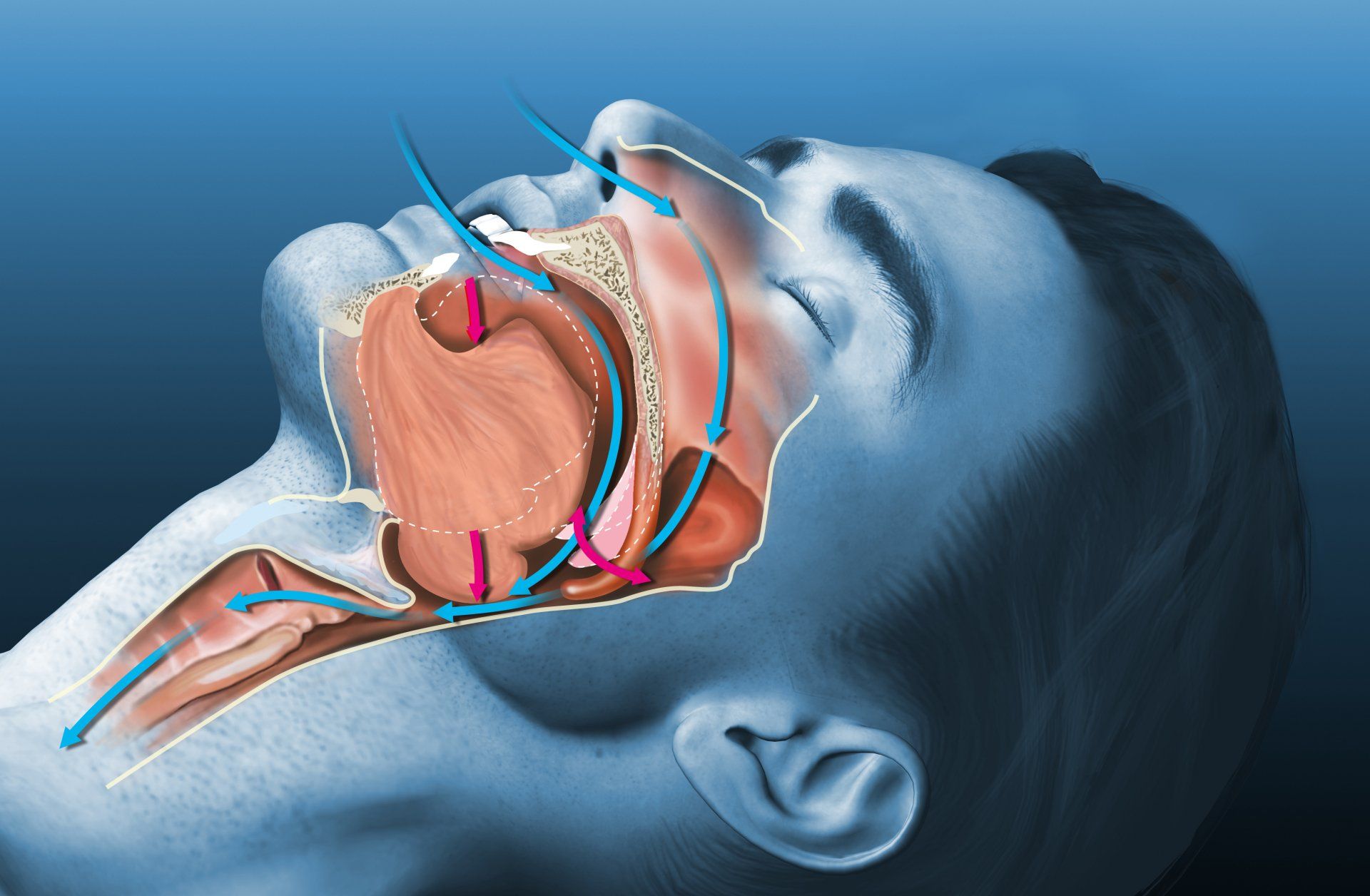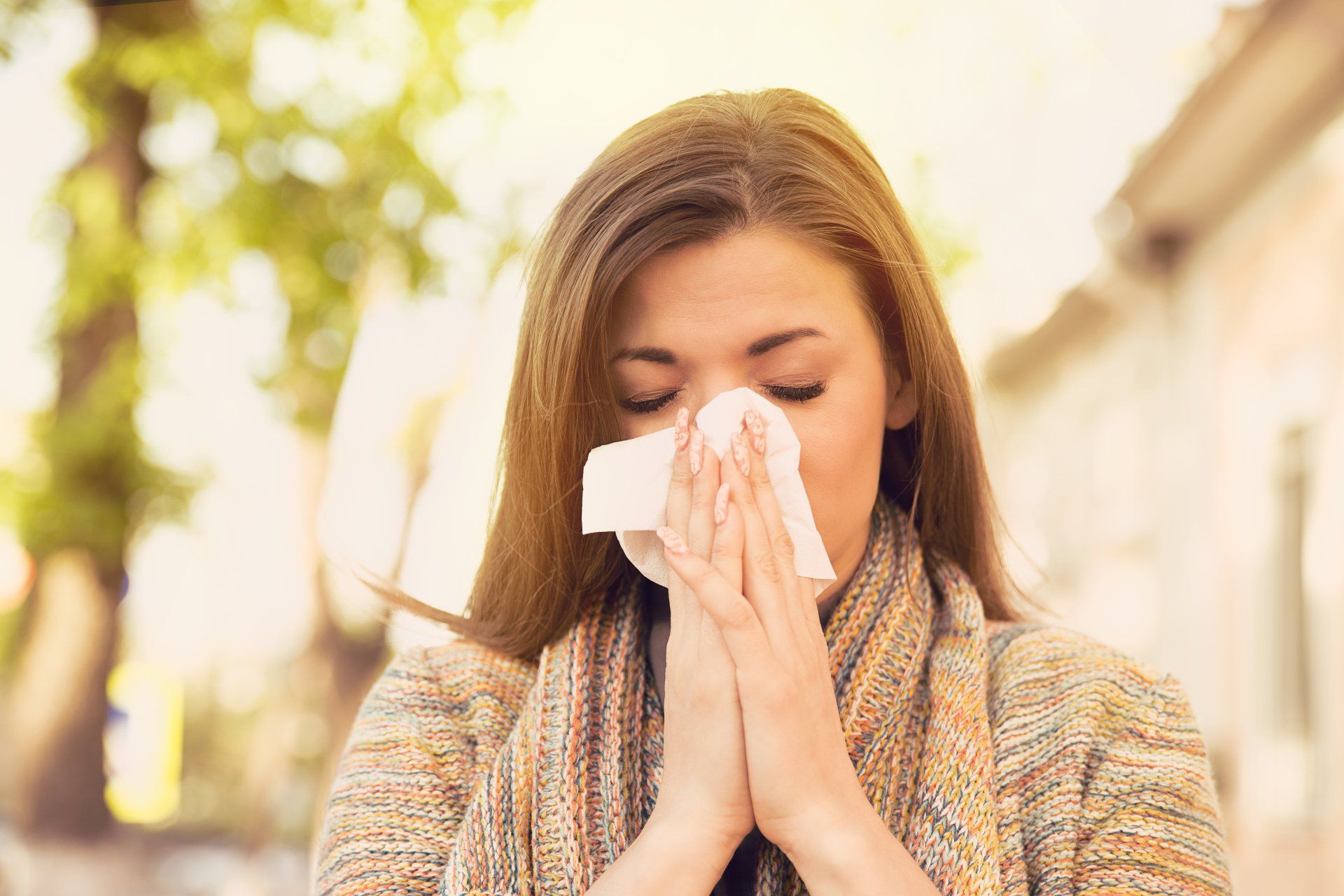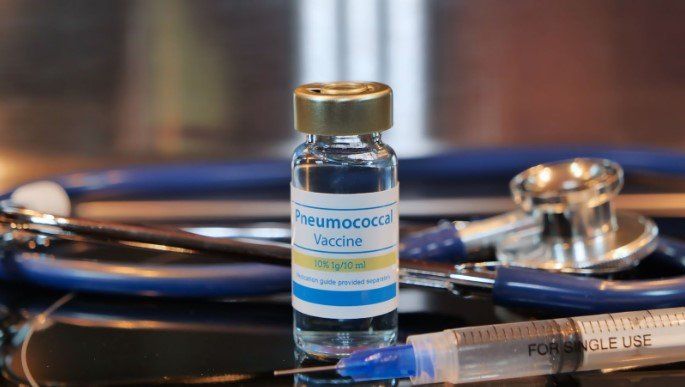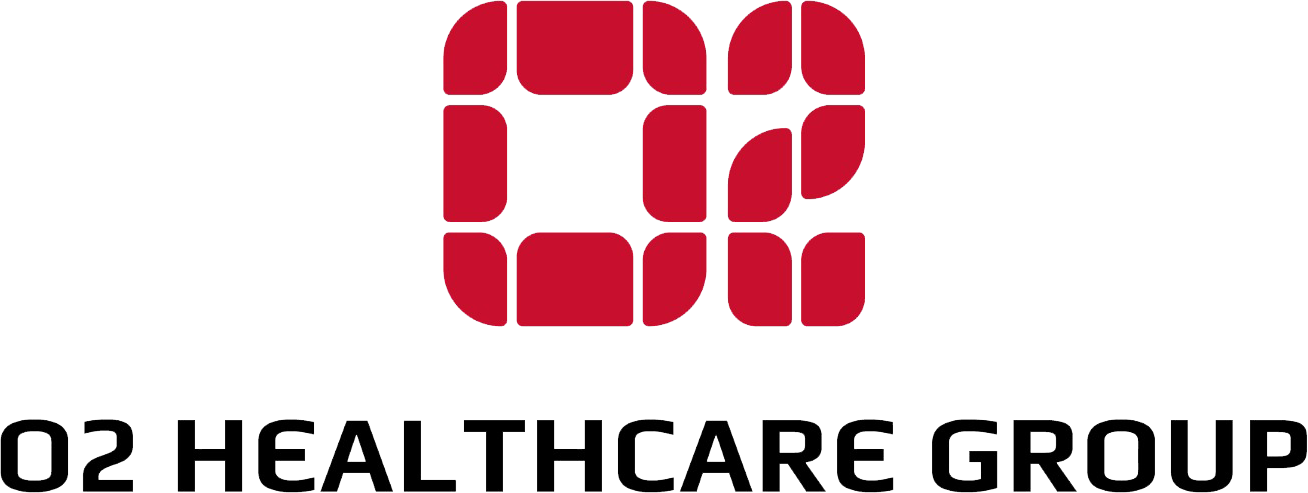List of Treatment options Available for Sleep Apnea in Adults
There is a common misconception that sleep apnea is just sleep interrupted by some heavy-duty snoring. The truth is, sleep apnea is a lot more severe than just some snoring.
Sleep apnea is a potentially serious sleep disorder in which a person’s breathing actually stops and starts repeatedly. This cycle of disrupted breathing tends to manifest in loud snoring, often associated with sleep apnea. There are three main types of sleep apnea:
Obstructive sleep apnea is the most common form of this condition, as it occurs when throat muscles relax during sleep.- Central sleep apnea occurs when the brain does not send the correct signals to the muscles that control breathing.
- Complex sleep apnea occurs when a person has both obstructive and central sleep apnea.
Sleep apnea does not just disrupt a person’s sleep through snoring. It has effects on life outside of just rest. Here’s all you need to know about sleep apnea and the treatments available for this illness.
How does sleep apnea affect lives?
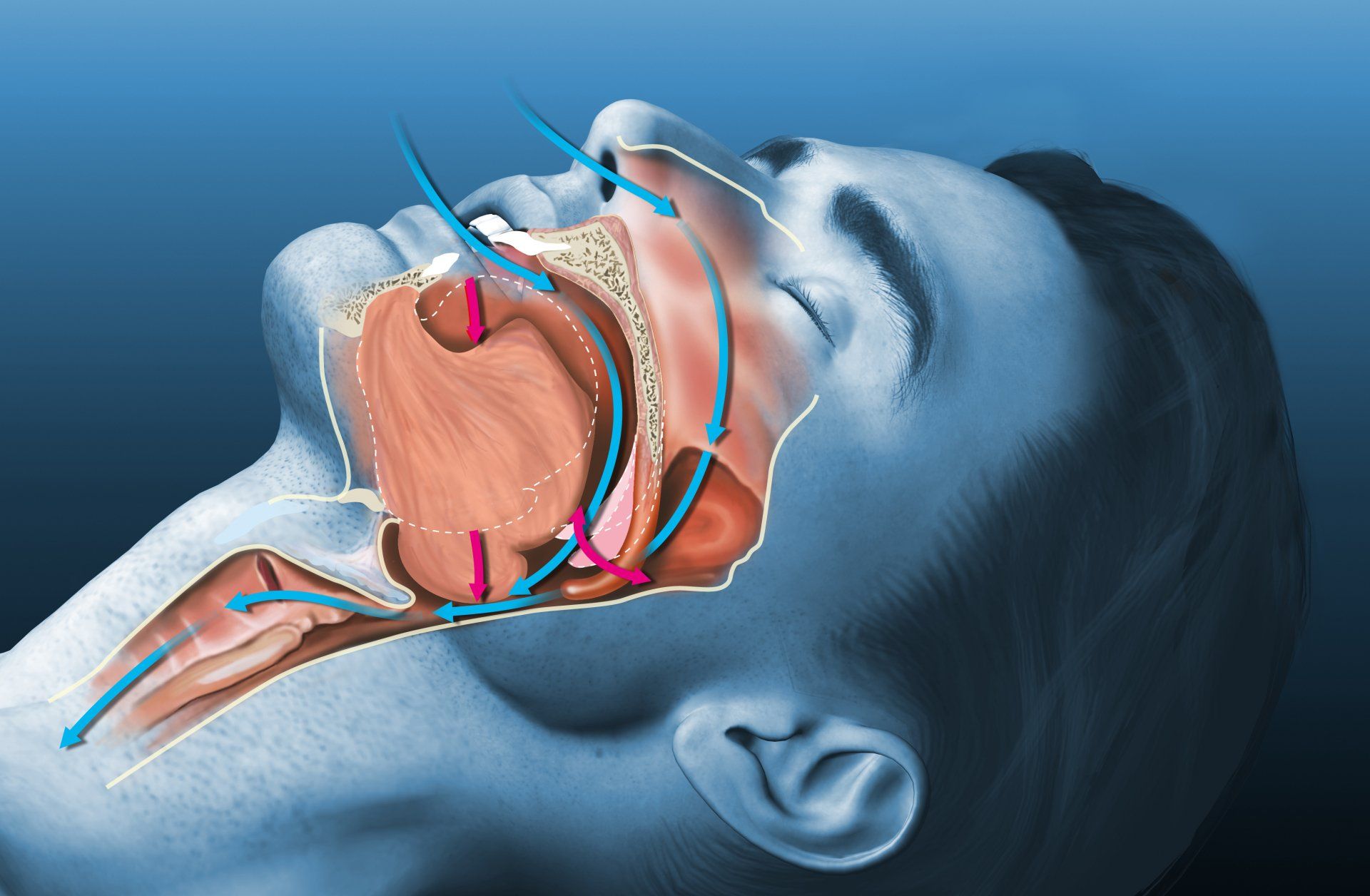
The first apparent negative effect on sufferers of the condition is daytime fatigue. Sleep apnea causes repeated awakenings at night, making deep sleep impossible to attain. This results in fatigue during the day, increasing the risk of accidents if the affected person drives or operates machinery.
Sleep apnea also increases the risk of getting hypertension. People with obstructive sleep apnea do not experience the same dip in blood pressure as people who sleep normally. People who do not experience this natural dip in blood pressure at night are at risk of hypertension and cardiovascular problems like atrial fibrillation, stroke, and irregular heartbeat.
People with sleep apnea also tend to affect the sleep of their partners. This can result in relationship issues, as well as health issues for the partner. Some partners even end up leaving the bedroom or moving to another floor in the same house to get some sleep.
Is sleep apnea treatable?
Yes, sleep apnea is treatable. In most cases, obstructive sleep apnea is caused by the relaxation of muscles that support the soft tissues in the upper airway, causing a blockage in the flow of air in and out of the nose and mouth. Some solutions help prevent this blockage from happening.
Those with central sleep apnea need to note that this condition often comes together with other associated medical issues. Before targeted treatment can happen, a proper diagnosis is required to understand the root cause. In some rare cases, surgery might be necessary to treat central sleep apnea.
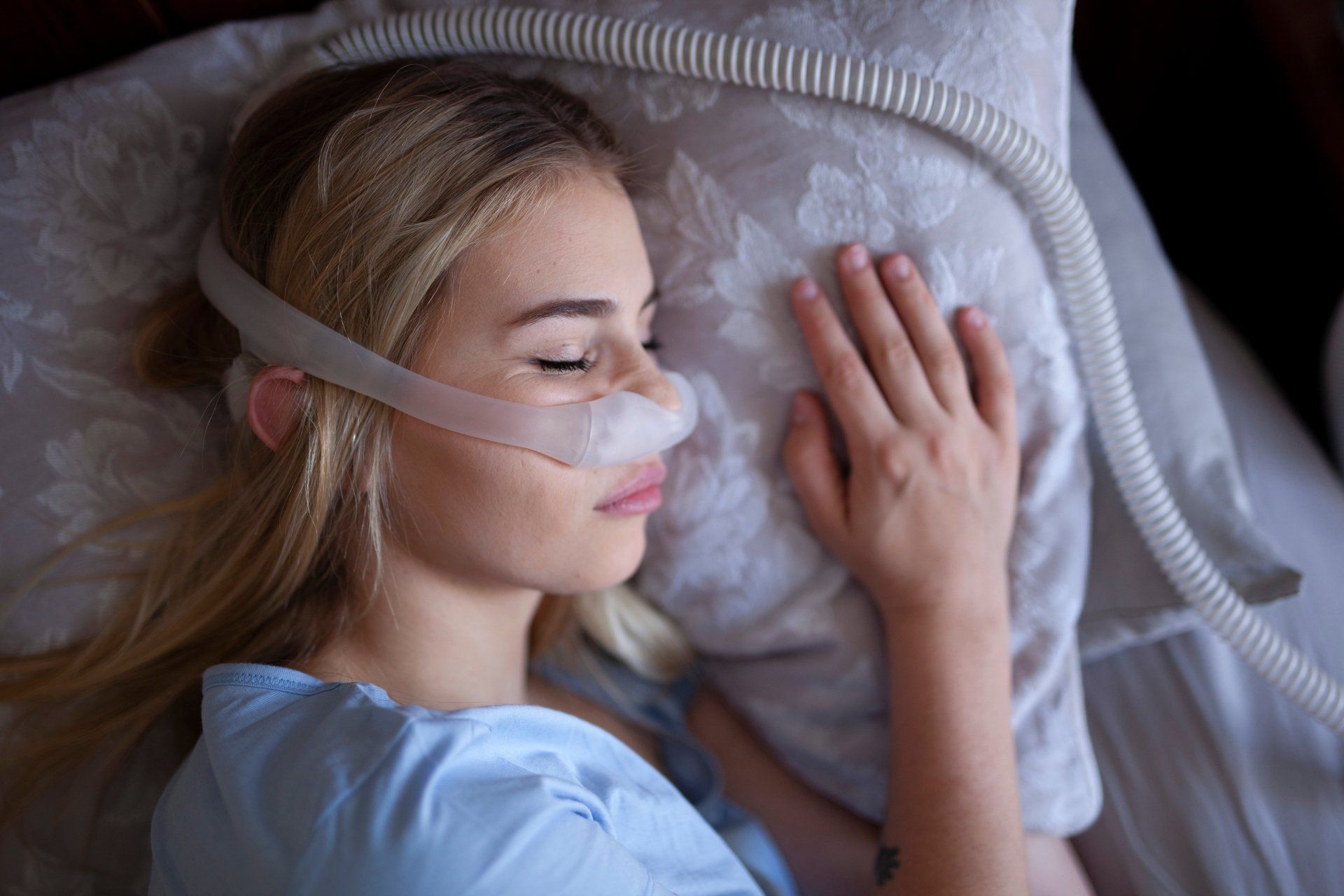
List of sleep apnea treatment available
The treatment of sleep apnea depends on the type and severity of the condition. Going to a sleep clinic to get diagnosed is the first step. To get an accurate diagnosis, doctors may conduct a clinical sleep test that uses sensors and monitoring equipment to measure your heart, lung, and brain functions as you sleep to diagnose your symptoms. Based on your current physical health and history, as well as some levels of testing, doctors will recommend treatments to help improve the quality of sleep after diagnosis. Some of the treatments they may suggest includes:
CPAP Machine
The Continuous Positive Airway Pressure (CPAP) machine is the most common and reliable solution to obstructive sleep apnea. It works by establishing a constant stream of air through a mask worn by the patient while asleep. This air stream keeps the patient’s airway open, removing the blockage and encouraging better sleep.
BiPAP Machine
The Bi-level Positive Airway Pressure (BiPAP) machine acts like a CPAP machine, except it does not produce a constant pressure all the time. This machine is used for patients who have trouble exhaling when using a CPAP machine.
ASV Machine
An Adapto-Servo Ventilation (ASV) machine is a smart machine that changes airflow based on a patient’s breathing pattern. This varies the amount of air pressure for better sleep.
Mandibular Advancement Devices (MAD)
These mouthpieces work by bringing a patient’s jaw forward to open up their airways. Some persons of this solution also help to hold a patient’s tongue in place to reduce airway blockage.
Neuro-stimulation Therapy
Implant technology can be deployed through surgery to deal with sleep apnea. This involves installing a medical device that delivers regular pulses of electricity to the phrenic nerve during sleep to produce a steady breathing pattern.
Weight Loss
Overweight or obese people have a higher chance of having obstructive sleep apnea. In these cases, losing weight significantly reduces many sleep apnea related symptoms.
Nasal Decongestants
In mild cases of sleep apnea, nasal decongestants can help to reduce snoring and restore the quality of sleep.
Surgery
Surgery can be considered if other therapies have not been effective in treating sleep apnoea or who are unwilling to consider conservative therapeutic options.
Sleep is essential to your general wellbeing. If you are struggling with sleep apnea, then Respiratory Medical Associates can help. We are an established specialist group with leading expertise in diagnosing and treating sleep apnea. Reach out to us today.







